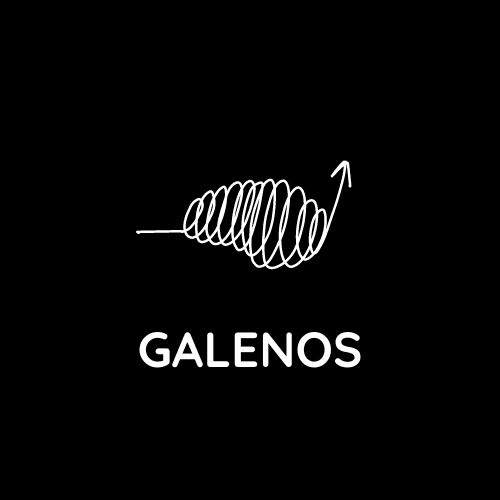Last month, I had the privilege of co-chairing the GALENOS pre-triangulation meeting on circadian rhythm with Julian Higgins, Professor of Evidence Synthesis at the University of Bristol.
Hosted at the University of Bern in Switzerland, the meeting was both a deeply challenging and rewarding experience. It brought together experts from diverse disciplines to explore the intricate connections between circadian rhythm and depression and how this understanding might shape future research and interventions.
For me, as someone bringing lived experience to the table, this was an incredible opportunity to contribute to a ground-breaking initiative while learning alongside world-class researchers.
Setting the stage with expert perspectives
The day began with presentations from specialists in evidence synthesis, artificial intelligence in systematic reviews, and studies involving animals and humans. These talks explored both the strengths and limits of the methodologies being discussed, giving everyone a shared foundation to build upon.
A particularly thought-provoking moment came from Niall Boyce, Head of Field Building at Wellcome, who challenged us to move beyond simply saying research is "promising." He urged us to consider whether there’s enough evidence in some areas to stop further studies, saving time and resources, or whether gaps in knowledge still justify continuing.
Professor Andrea Cipriani (Director of GALENOS) presentation on meta-analyses in other fields, such as heart disease, further underlined the importance of acting on evidence early. In some cases, potential treatments were shown to have significant benefits years before action was taken—highlighting the real-world impact of timely decision-making.
Navigating complexity
One of the key challenges was how to approach the relationship between circadian rhythm and depression. Before we can proceed to triangulation (a method for synthesising evidence from multiple approaches), we needed to agree on some fundamental questions:
- How do we define circadian rhythm, and how should it be measured?
- How to we distinguish between circadian rhythm as a cause of depression and depression being a symptom?
- Should we include data from short-term disruptions, like jet lag, or focus only on chronic patterns?
- Do we include studies involving individuals already diagnosed with depression?
These debates were intense but essential. As a group, we needed to ensure that everyone was aligned on these foundational principles to avoid misunderstandings later in the process. It was impressive to see experts across disciplines openly sharing their knowledge while being willing to challenge—and be challenged by—others.
A new step for GALENOS
This was the first time GALENOS had held a pre-triangulation meeting, and it became clear that this preparatory step was invaluable. It allowed us to address foundational issues before moving into the triangulation phase, and this will now become a key part of the GALENOS methodology.
The meeting was also a chance to explore co-production in action. James, one of our experiential advisors, remarked how this felt like a true example of co-production—not just because it included lived experience but because it brought together so many disciplines and perspectives. Seeing researchers, experiential advisors, and technical experts working collaboratively was inspiring and a reminder of what’s possible when lived experience is integrated meaningfully into research.

A personal milestone
On a personal level, co-chairing this meeting was an important milestone for me. It was only the second time a Co-Chair with lived experience had been included in the triangulation process, and I was still finding my feet in this role.
Julian was a fantastic support, especially on the second day, when he encouraged me to take more of a lead. At first, I wasn’t sure I could do it—imposter syndrome hit hard—but his support, along with the openness of everyone in the room, gave me the push I needed. By the end of the meeting, I had gained valuable experience in leading discussions, asking questions, and navigating complex debates.
Looking ahead
As the meeting drew to a close, we took time to reflect on what we had achieved and what could be improved. Could future sessions like this work virtually, or does being in person make all the difference? Were there ways to refine the process further?
Although we’re still writing up the findings, the value of this pre-triangulation meeting is clear. It has set a solid foundation for the next phase of GALENOS and will be shared widely through publications, blogs, and presentations—including at the British Neuroscience Association Festival this April.
GALENOS, with the support of Wellcome, continues to provide a unique opportunity to innovate, learn, and refine our methods. For me, the experience of co-chairing reminded me of the power of collaboration and the importance of including lived experience in research. It’s this kind of work that holds the potential to make a lasting impact on mental health science—and that’s something I’m incredibly proud to be part of.

